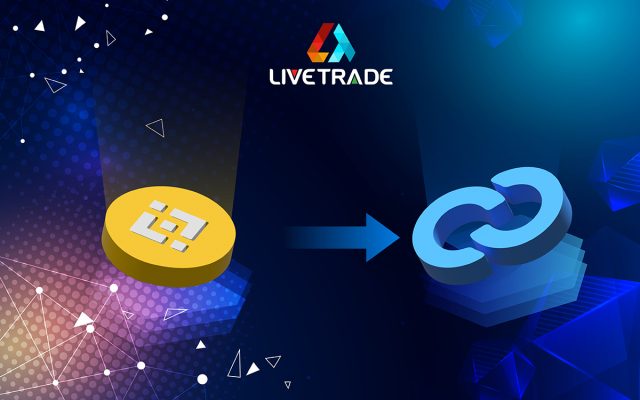Decentralized Exchanges Vs. Centralized Exchanges

Why Crypto Exchanges will move to a decentralized model.
By way of introduction, there are basically two types of exchange systems, which are the centralized exchange system and the decentralized exchange system.
Centralized Exchanges (CCE)
A centralized cryptocurrency exchange is a platform that handles the exchange (purchase/sale) of cryptocurrency to fiat. It is usually run by a profit-oriented company that gets revenue from their platform’s fee structures. The centralized cryptocurrency exchanges enjoy support and acceptance among traders because decentralized exchanges are still in the infancy stage and are not very popular. However, on the negative side, funds are in control of the exchange and there is lack of anonymity, and the risk of identity theft is increased as users are usually required to provide a wide range of sensitive information about themselves. Further, exchanges are not immune to hacks, as was the case with Poloniex, one of the busiest exchanges of cryptocurrency which was hacked in the summer of 2014 when hackers were able to exploit a faulty withdrawal code resulting in users losing funds. Bitstamp suffered a similar fate in January of 2015 resulting in a huge loss (about 19000 bitcoins).
Decentralized Exchanges (DEX)
Unlike centralized exchanges, decentralized exchanges aren’t coordinated by one entity. Instead, they run on a distributed ledger, like cryptocurrencies themselves do. This structure means that a decentralized exchange does not hold customers’ funds, positions, or information, and only serves as a matching and routing layer for trade orders. This benefits the user in so many ways.
Secure
The chief benefit of a decentralized exchange is that a trader does not have to entrust his/her funds to anyone. Instead, he/she trades directly with another party, using a blockchain to finalize the operation. They hold their funds in a digital wallet and trade them using the decentralized exchange to find a buyer or seller for her coins. This eliminates custody risk, which is the risk that something bad happens to the customer’s funds while the exchange operator is in charge of them. That includes losing funds to hackers or having to trust that the operator is not doing anything suspicious with your money.








